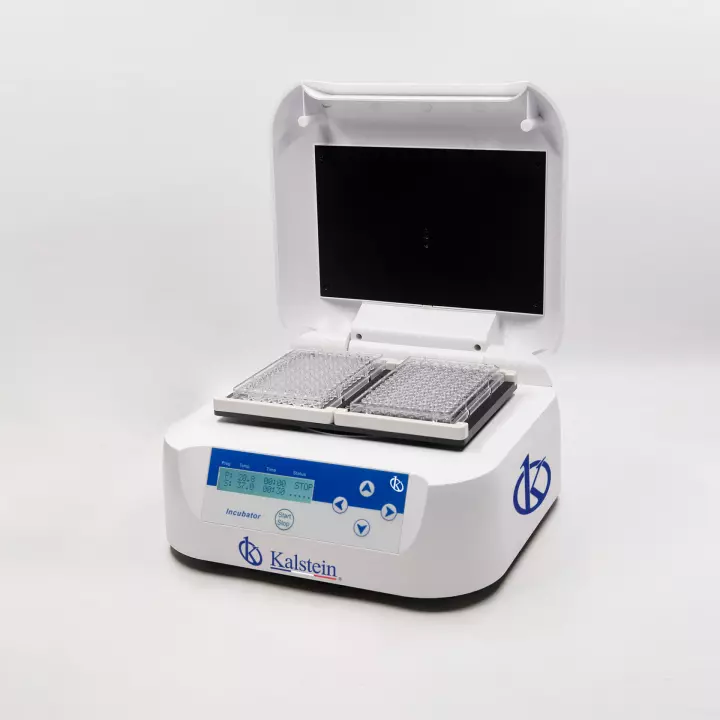Typhoid fever is a life-threatening infection caused by Salmonella typhi bacteria. In general it spreads through contaminated food or water, this germ being identified through microbiological cultures.
Once ingested, S. Typhi multiplies inside the macrophages and spreads throughout the body through the bloodstream, from where it travels to the bone marrow, liver and gallbladder and is released into the bile and into the stool
Its main symptoms are fever, fatigue, headache, nausea, abdominal pain and diarrhea. Some patients may have rashes. In severe cases, important complications may arise, which are sometimes even fatal. Even if the symptoms disappear, sometimes the patient is still a carrier, which means that other people can transmit the bacteria through the feces.
It is estimated that between 11 and 20 million people get typhoid fever every year and that between 128,000 and 161,000 of them end up dying. The greatest risk occurs in poor communities and vulnerable groups, including children.
Epidemiology
The prevalence of typhoid fever is unknown, but it is most often found in Asia, Africa and South America, where access to properly treated drinking water can be limited. It is rare in Europe and in Western countries, and is generally only produced imported from an endemic location. The annual incidence in Europe is estimated to be less than 1 / 30,000 people / year.
Clinical description
Symptoms usually appear 1-7 days after the ingestion of the bacteria and include high fever (39 to 40 ° C), chills, constipation or diarrhea, headache, stomach ache, malaise, rash in the form of pink flat spots. in the chest and hepatosplenomegaly. The temperature rises for 2-3 days and remains high for another 10-14 days, accompanied by bradycardia and prostration. In severe cases, delirium, stupor and coma may occur. In 1-2% of patients, intestinal injuries can lead to bleeding and death. Others may develop pneumonia between the second and third week.
Intestinal bleeding and perforation (usually in the terminal ileum) is a serious complication that can occur 2-3 weeks after infection, and usually occurs in developing countries where treatment is not always available. The period of convalescence can last several months. Patients may be carriers after the disappearance of symptoms. With treatment, most patients recover after 5-7 days of therapy and death from this cause is very rare.
Diagnostic methods
The diagnosis of typhoid fever is suspected in patients with fever who have recently traveled to an area where the disease is endemic. The only methodology currently capable of reliably confirming the diagnosis of typhoid fever involves a microbiological culture to detect S. Typhi in the stool or blood sample. The Widal reaction, a test based on antigen-antibody agglutination, is used only in developing countries as it is fast, economical and does not require a specialized laboratory, but lacks sensitivity and specificity.
Differential diagnosis
Other bacteria, viruses, or pathogenic parasites cause diseases similar to typhoid fever such as malaria, dengue fever, leptospirosis, rickettsia typhus (see these terms) and the flu.
Management and treatment
Typhoid fever is treated with antimicrobials, usually fluoroquinolones, which are essential for the elimination of bacteria. Patients usually begin to recover after 2-3 days, but they must complete the course of treatment to prevent a relapse or the latent infection. If intestinal perforation occurs, immediate surgical intervention is necessary. When traveling to countries where typhoid fever is endemic, vaccination is recommended. The two currently available authorized vaccines are the live attenuated Ty21a vaccine (oral) and the Vi (parenteral) polysaccharide vaccine. Travelers should take precautions to avoid the intake of non-potable water and food prepared in unsuitable hygienic-sanitary conditions. Any case of typhoid fever should be reported immediately. Food should not be handled by people who have been infected with typhoid fever recently since they could still be carriers.
In Kalstein we offer excellent incubators for the best results in your microbiological cultures, so we invite you to take a look at HERE


